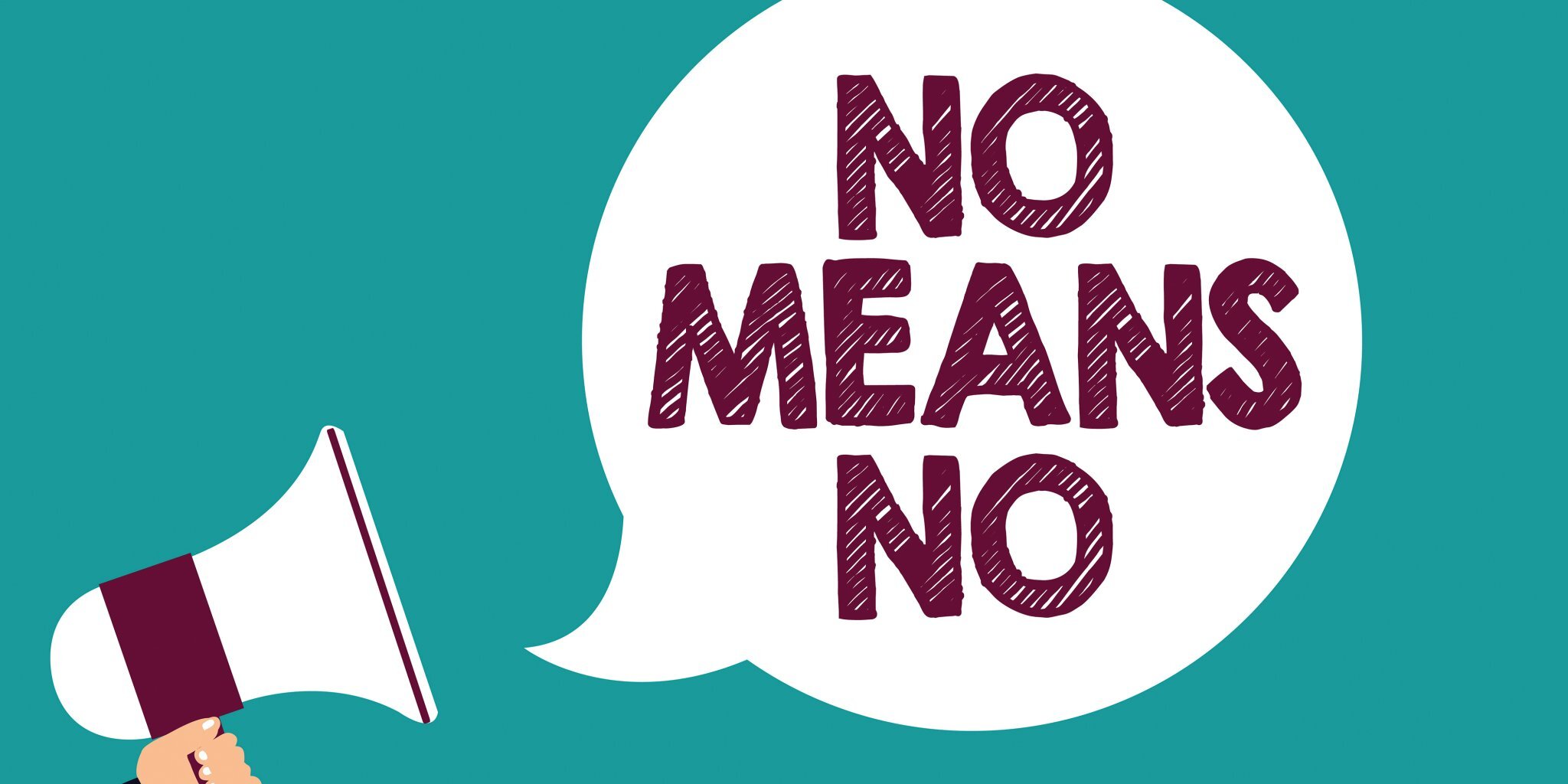Why Boycotting Nightclubs and Increasing Security Measures Won't Stop Male Violence Against Women
Over the last few weeks, there have been increasing reports of (assumed) men spiking young women in nightclub settings. Whilst typical spiking involves non-consensually placing a drug into someone’s drink, there have been growing disclosures surrounding non-consensually injecting another person with drugs.
This phenomena has sparked demand for higher security in nightclubs and public events, and has even resulted in some campaign groups boycotting local nightclubs.
Whilst the rationale for increasing security and boycotting nightclubs shows willingness to tackle the issue of male violence against women, there are issues with the effectiveness of such measures. They are a temporary plaster over a much deeper wound.
To begin, the idea that increasing the power of security guards to be able to search customers on entry to events or nightclubs is problematic for a number of reasons. There are already reports of anxieties from ethnic minority groups and the LGBTQ+ communities that such power could be abused in order to facilitate discrimination, therefore not directly addressing the problem and leaving other groups more vulnerable. Moreover, young people have been sneaking drugs into such events and clubs for decades - these predators will find another way. This will only displace the issue of male violence against women into another context.
The meaning behind boycotting nightclubs is to show solidarity with women and to demonstrate to the nightclub industry that the growing issue of spiking in the nightclub setting needs to be taken more seriously. However, again, this will only displace male violence against women and can also leave promoters (who have no control over security) at a financial disadvantage. Boycotting nightclubs does not directly challenge the culture in which this behaviour is being facilitated.
The victim-blaming attitudes and lack of regard for safety that some victims of spiking are reporting does come with great concern. A number of victims have disclosed that nightclub staff and security are making jokes about victims of spiking, are blaming them for ‘getting too drunk’ and are not creating a safe space for women. Not only does this feed the denial of male violence against women and blame victims of violence, it may pose an immediate threat to women’s health and safety, particularly where medical attention is required.
So, how do we move forward?
Whilst these measures may offer a temporary solution to the issue of spiking, male violence against women is a deep-rooted societal and cultural issue. It is fuelled by misogyny and hatred towards women.
Women need men to speak up.
We need men to use their voices to bring attention to the issue of male violence against women.
We need men to challenge their friends, challenge behaviours, challenge comments.
We need to challenge the settings and cultures in which this violence is being committed.
Women should live in a world where they feel safe attending an event or a nightclub.
They should not have to be taking self-protection measures, such as staying in groups, limiting alcohol consumption, dressing in a certain way, or even avoiding the venue altogether.
We need to do better.
Stand up to violence against women.




